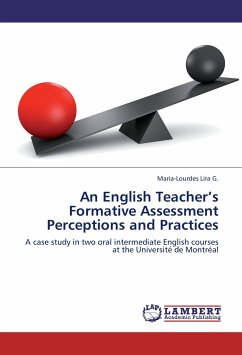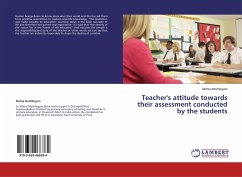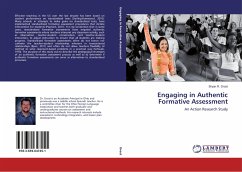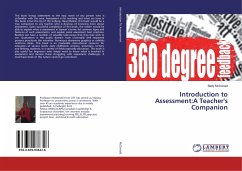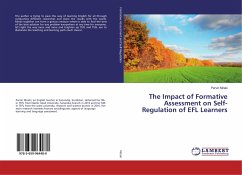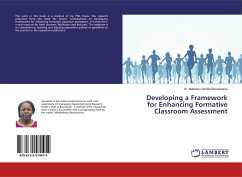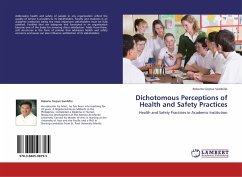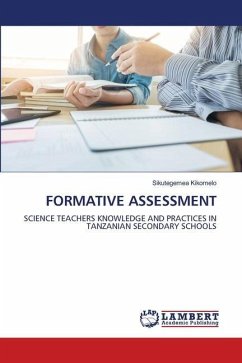During the last twenty years, assessment practices for improving student learning (i.e., self-assessment, peer assessment, feedback) in the classroom has been considered as essential (Black & Wiliam, 1998; Harlen & Winter, 2004; van de Watering & van der Rijt, 2006). In the field of second language learning, however, research in this area is quite limited. In order to address this gap, an exploratory research , based on Colby-Kelly and Turner s (2007) and Lyster and Ranta s (1997)studies has been conducted . The general objective was to understand how formative assessment is practiced in two Intermediate Oral English courses at the Université de Montréal and to compare how these practices are perceived and performed by the teacher and the students. Three research questions were pursued: 1. What is the nature of formative assessment in a second language classroom setting? 2. Do the teacher s assessment practices reflect what she thinks about formative assessment? 3. What are the coincidences and differences between teacher s perceptions and her students perceptions regarding the benefits of formative assessment for learning English?

